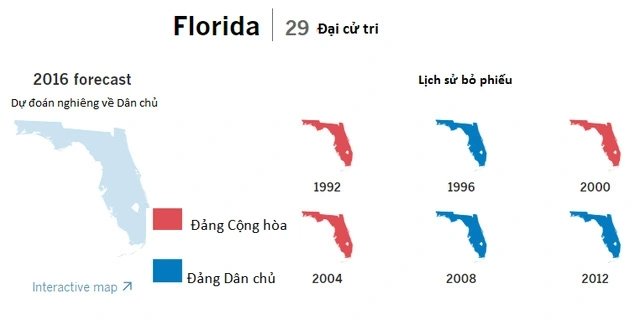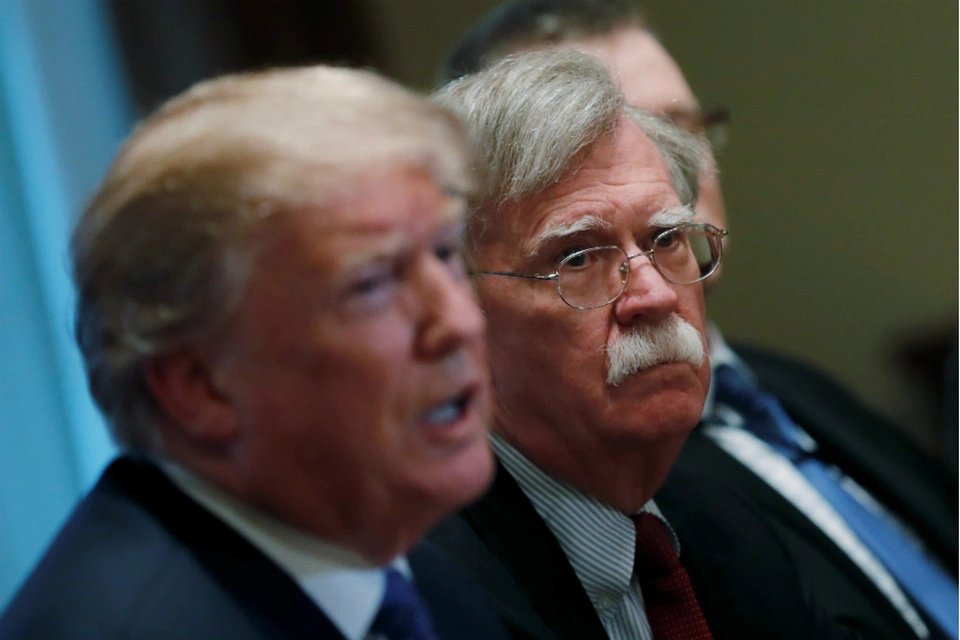
As the Delta variant outbreak cools in many regions of the world, scientists are starting to chart when Covid-19 will become a familiar disease or be pushed back.
However, experts also warn that nCoV is an unpredictable pathogen, it is mutating and secretly spreading through unvaccinated communities.
Maria Van Kerkhove, an epidemiologist at the World Health Organization (WHO), said: `Maybe from now until the end of 2022, we will control this virus, significantly reducing the number of infections and deaths.`
WHO’s view is based on the opinions of disease experts who are charting the course of the pandemic over the next 18 months.
`If we achieve that goal, we will be in a very different situation epidemiologically,` she said.
Meanwhile, she is worried about countries lifting Covid-19 restrictions too early.
The number of infections and deaths from Covid-19 has decreased since August in all regions of the world.
`The transformation of countries will be very different, depending on natural immunity due to infection and of course the situation of vaccine deployment,` Marc Lipsitch, epidemiologist at Harvard TH Chan School of Public Health
Students are vaccinated against Covid-19 in Caracas, Venezuela, October 27.
Some scientists predict the Delta variant wave in the US will end this month.
Chris Murray, a leading epidemic forecaster at the University of Washington, also believes that the Delta variant outbreak in the country will end in November. `Then we will see a modest increase in winter.`
Even in places where restrictions have been lifted and the number of infections has increased (like the UK), vaccines help people avoid needing to be hospitalized.
But Ms. Van Kerkhove said that Covid-19 will not be more benign when it becomes an endemic, long-term pathogen.
Others believe that Covid-19 will become a seasonal respiratory disease like the flu.
`The shift will be gradual. We face it like a more persistent virus,` Ferguson said.
Trevor Bedford, a virus expert at Fred Hutchinson Cancer Center, sees a milder winter wave of Covid-19 in the US, then transitioning to an endemic phase in 2022-2023.
According to Mr. Bedford, the virus will continue to mutate, requiring annual vaccinations to protect against the latest variants.
`This is a problem for hospital operators. They have to think about how to fight both Covid-19 and seasonal flu at the same time,` Mr. Murray said.
Richard Hatchett, CEO of the Alliance for Epidemic Preparedness Innovations, said the global population remains vulnerable to regional disparities in vaccination rates.
`What I’m worried about is that new variants will appear, evading both the vaccine and the previous natural immune barrier. It’s as if a new Covid-19 appears when diapers have not yet finished dealing with the old pandemic.`






